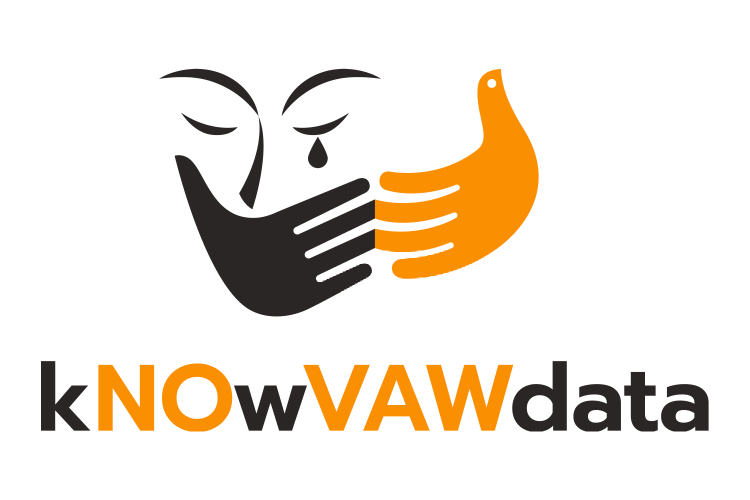Knowledge Hub

The Knowledge Hub provides links to resources supporting the measurement of violence against women and has been funded under the Pacific Spotlight Initiative. While starting with a primary focus on Pacific resources and global resources which are applicable for the Pacific region, the Knowledge Hub will continue under the UNFPA kNOwVAWdata initiative to support global knowledge exchange and a strong community of practice. The strength of this Knowledge Hub is the opportunity to share resources and support all regions of the globe.
If you would like to share links to be added to the Knowledge Hub, please send them to knowvaw-program@unimelb.edu.au.
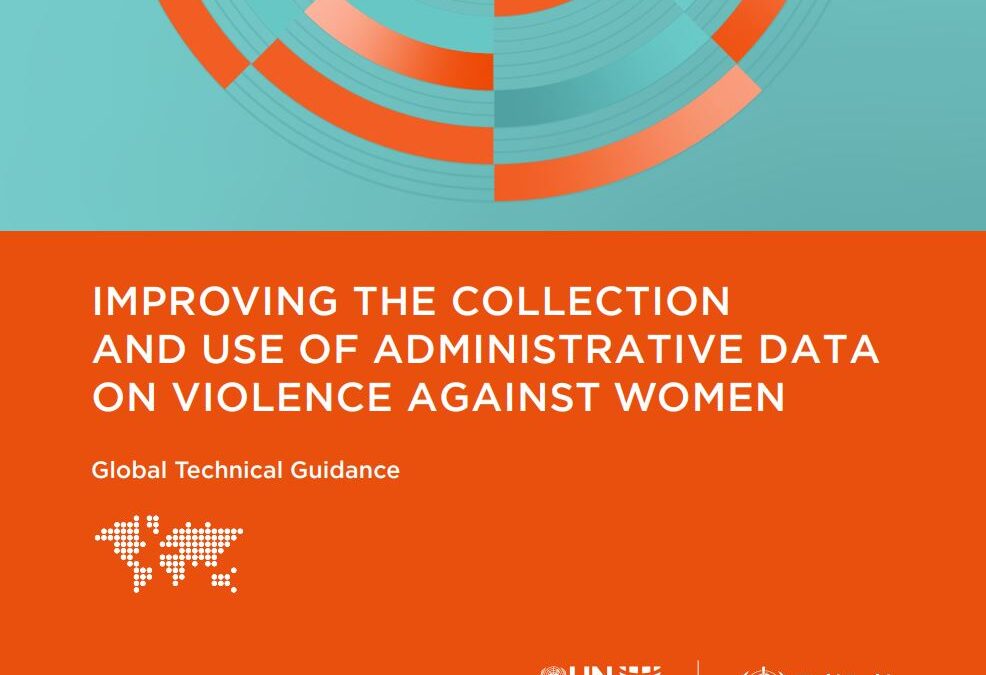
Improving the collection and use of administrative data on violence against women: global technical guidance
This global technical guidance has been developed by the United Nations Entity for Gender Equality and the Empowerment of Women (UN Women), in partnership with the World Health Organization (WHO) through the Joint Programme on Violence Against Women Data and with invaluable advice from an advisory group of experts from UN agencies as well as independent experts.

Gender and IoT (G-IoT) Tech Abuse Guide
How internet-connected devices can affect victims of gender-based domestic and sexual violence and abuse
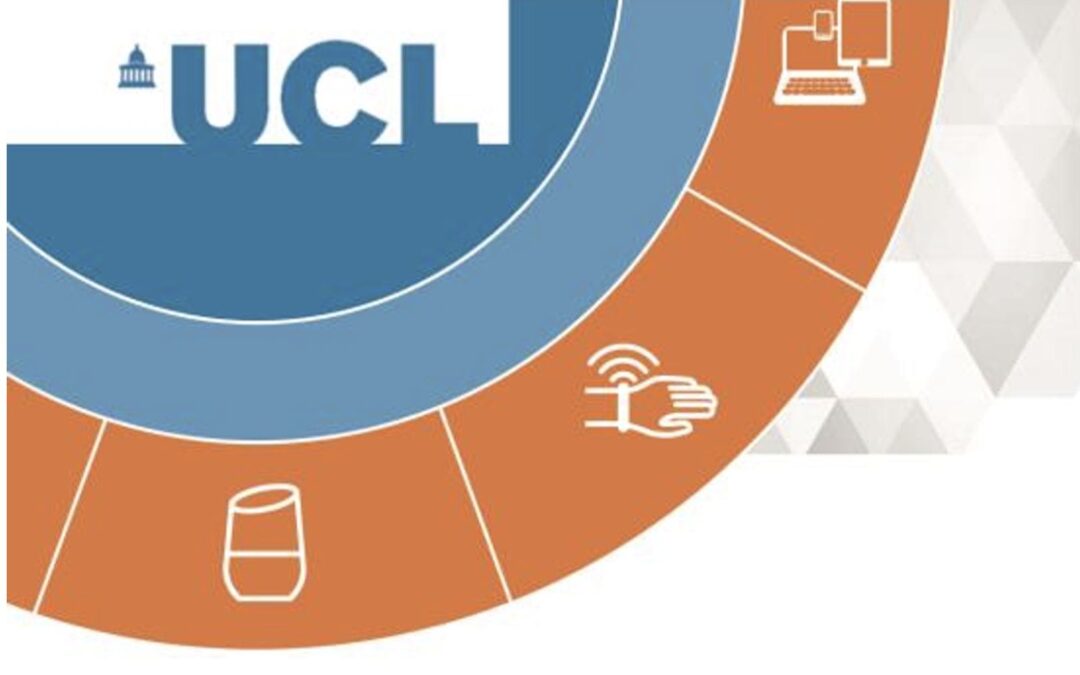
Gender and IoT (G-IoT) Resource List
This resource list is intended as supplementary material to better inform and guide victims and survivors of technology-facilitated abuse as well as those working with them.
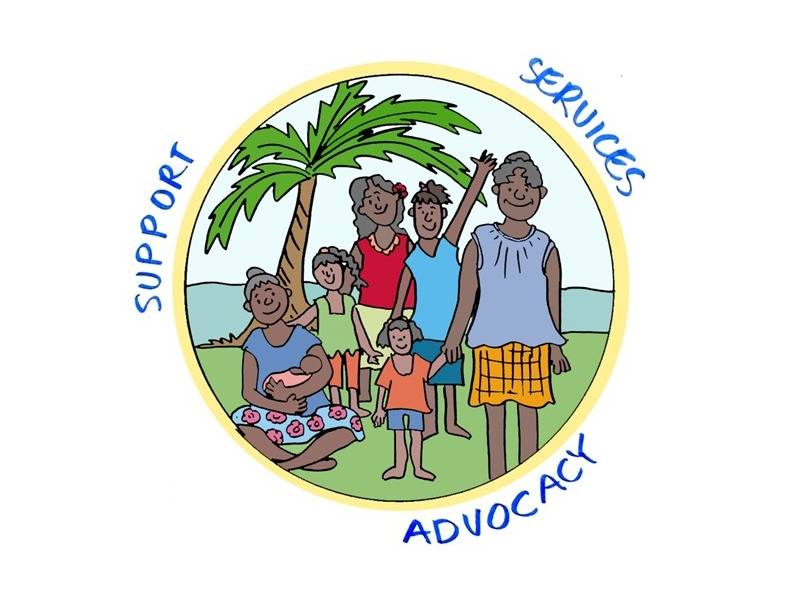
Gender-based Violence Administrative Data Toolkit
Toolkit and templates for multi-sector data collection on gender-based violence. Designed in collaboration with Pacific multi-sector organisations.
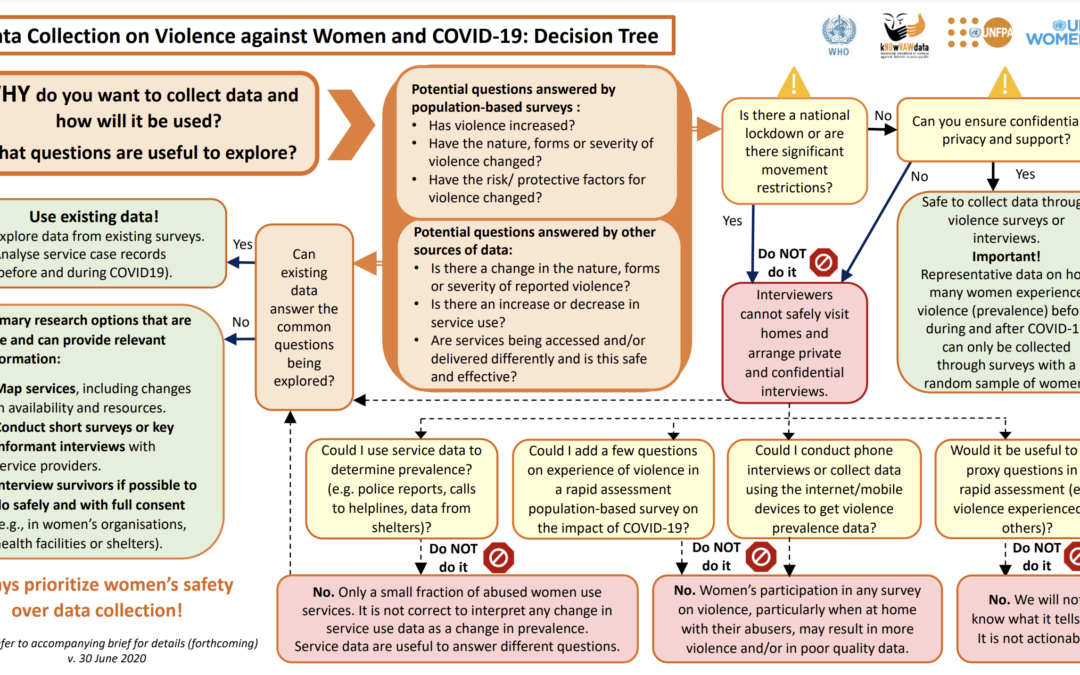
Decision tree: Data Collection on Violence against Women and COVID-19
This decision tree helps organisations with gender-based violence programmes, national statistical offices, policymakers and researchers decide when and how to best collect data on women's experiences of violence and their access and use of relevant services during the COVID-19 pandemic.
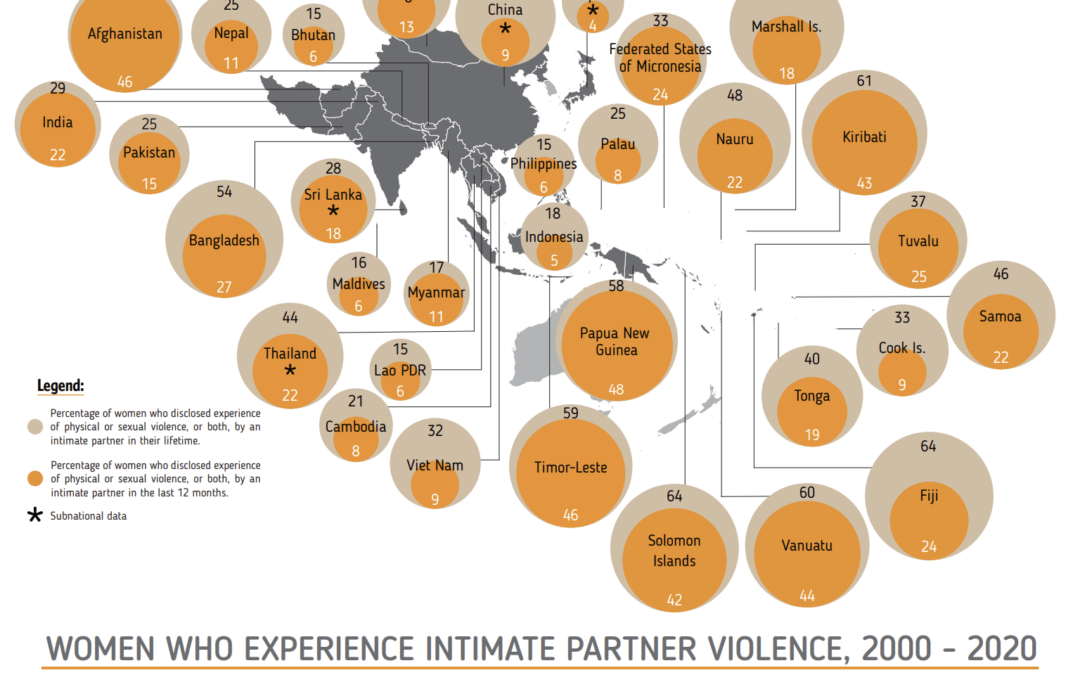
Violence Against Women – Regional Snapshot (2020) – kNOwVAWdata
2020 map of violence against women prevalence in Asia-Pacific region
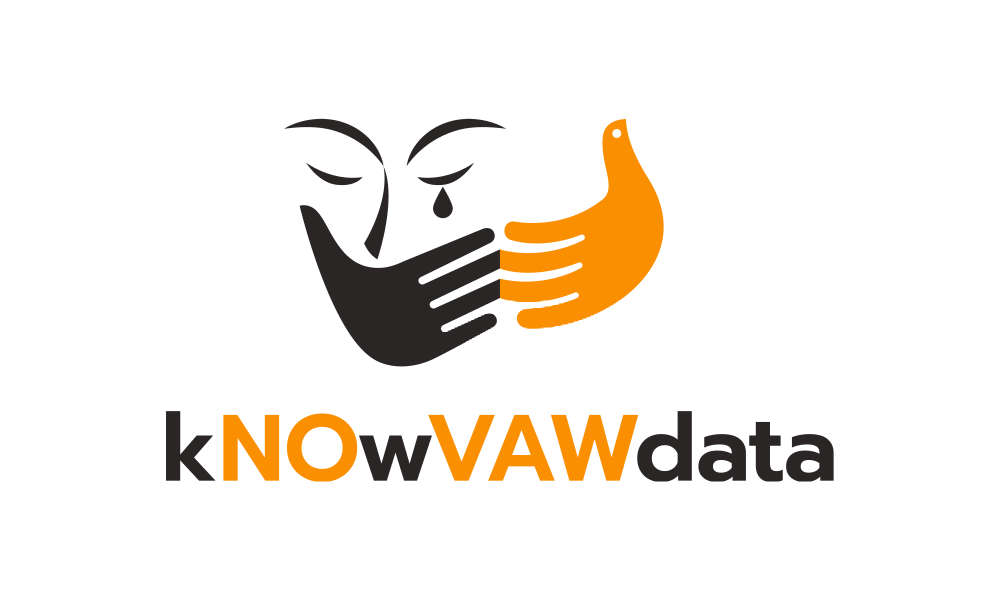
Indicators on Violence Against Women: kNOwVAWdata’s overview of the Sustainable Development Goal indicators on violence against women
kNOwVAWdata's overview of the Sustainable Development Goal indicators on violence against women
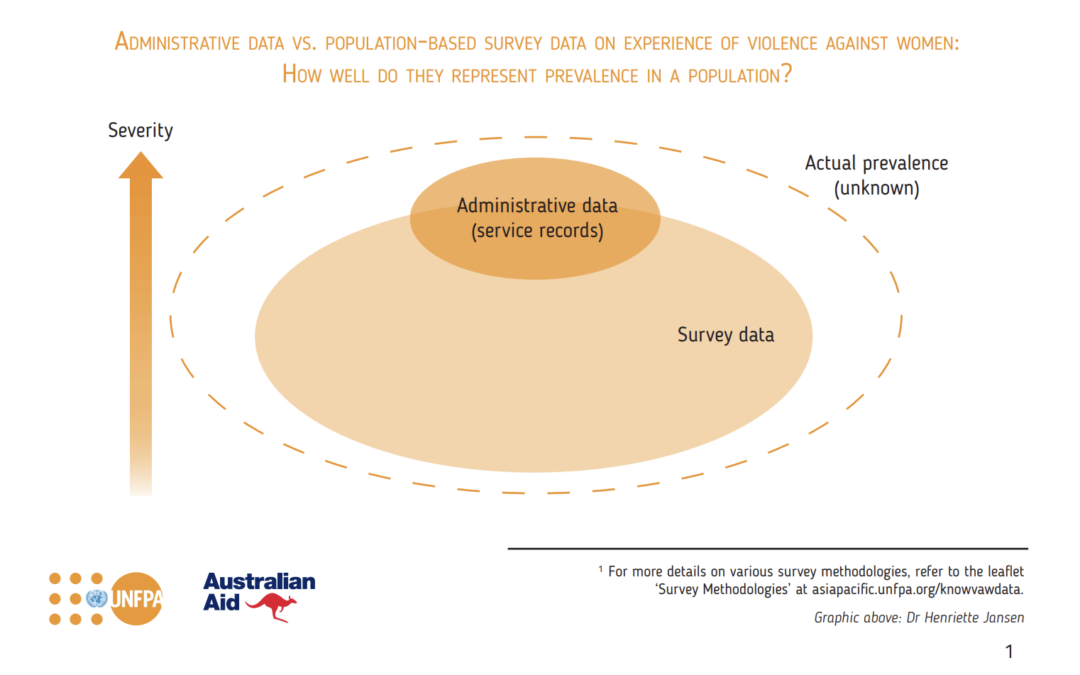
Sources of Violence Against Women Data – kNOwVAWdata
As this leaflet sets out to show, administrative data, while having their utility as a source of information on violence against women, cannot provide an estimate of the prevalence of violence against women taking place within a population.
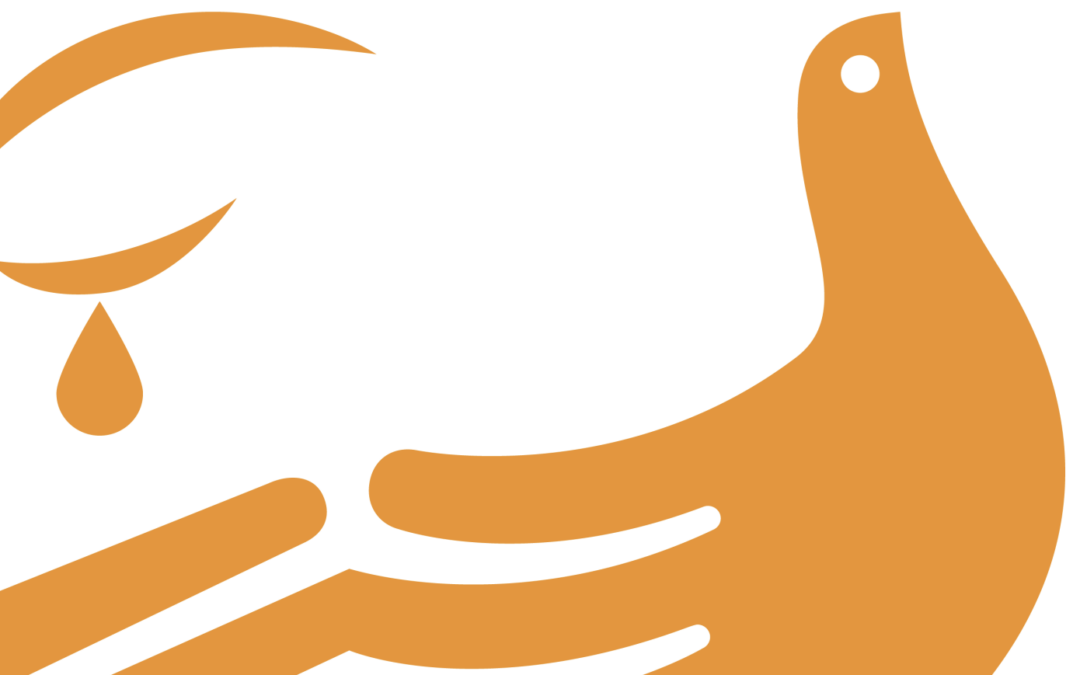
Violence Against Women Key Terminology: kNOwVAWdata’s explanation of commonly used terminology related to violence against women
kNOwVAWdata's explanation of commonly used terminology related to violence against women

Measuring the Prevalence of Violence Against Women Survey Methodologies – kNOwVAWdata Survey Methodologies
Surveys are the only way to collect data on the prevalence of violence against women (VAW) and thus to get an estimate of the magnitude of the problem in the population. There are two major approaches to collecting population-based data on violence against women using surveys; dedicated surveys or a set of questions/modules added to a large-scale survey.

Putting Women First
Ethical and Safety Recommendations for Research on Domestic Violence Against Women
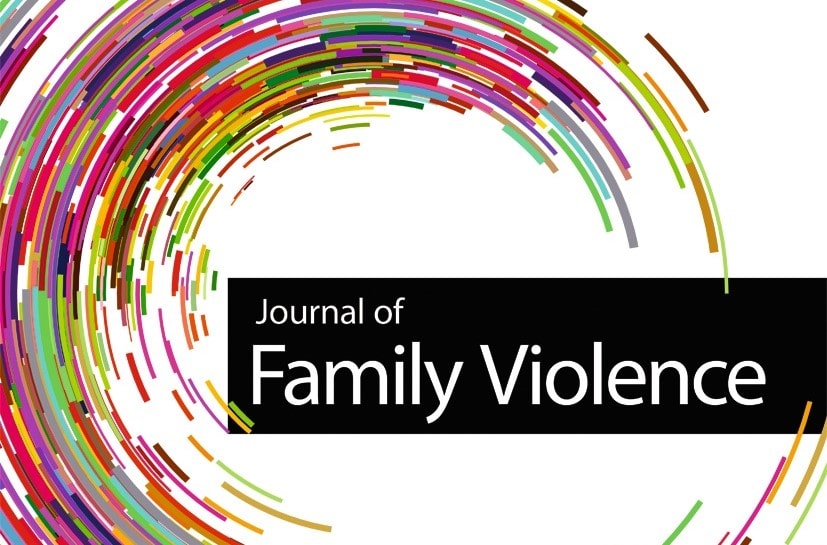
Intersectionality and Invisible Victims: Reflections on Data Challenges and Vicarious Trauma in Femicide, Family and Intimate Partner Homicide Research
This article draws upon the experiences of four researchers in the field of femicide, family and intimate partner homicide - and offers insights into processes, impacts and unintended consequences of fatality reviews and research initiatives
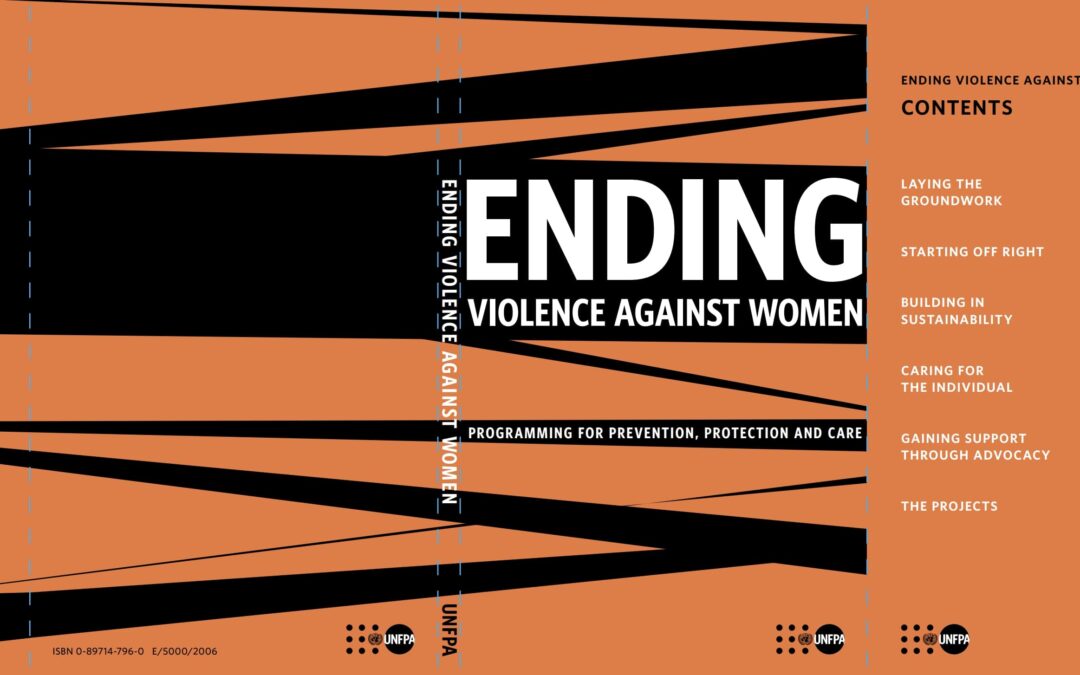
Ending Violence Against Women
Summary of good practices provided in the programming to address Violence Against Women
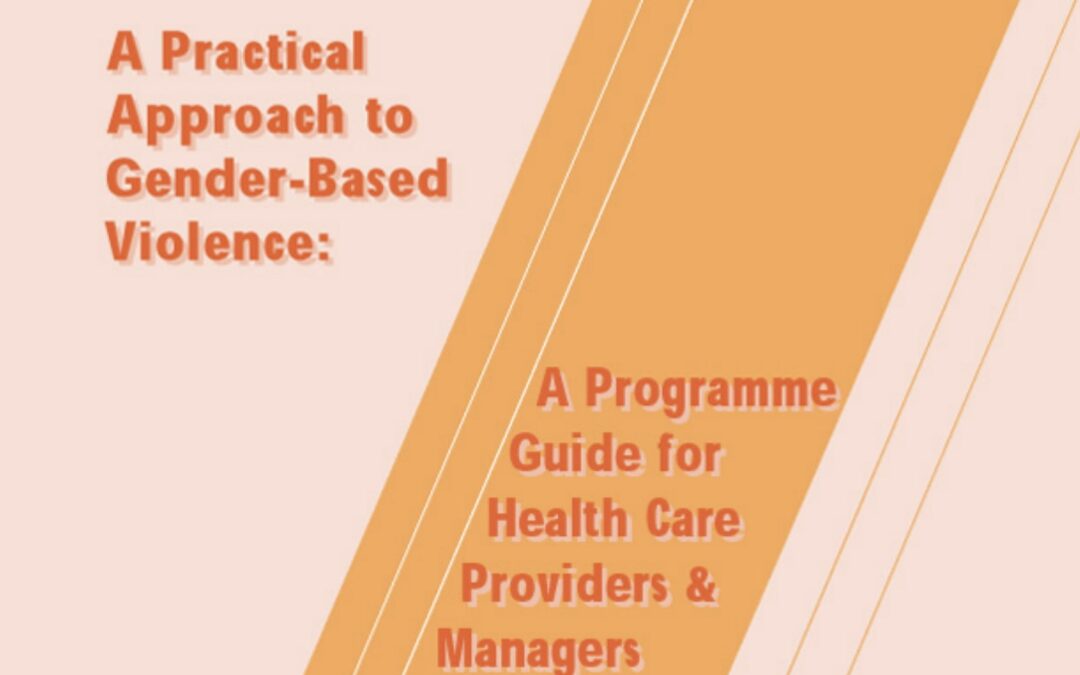
A Practical Approach to Gender-Based Violence: A Programme Guide for Health Care Providers & Managers
Publication that is targeted primarily at health service providers, however is for anyone who wants to undertake a gender-based violence project in any part of the world
